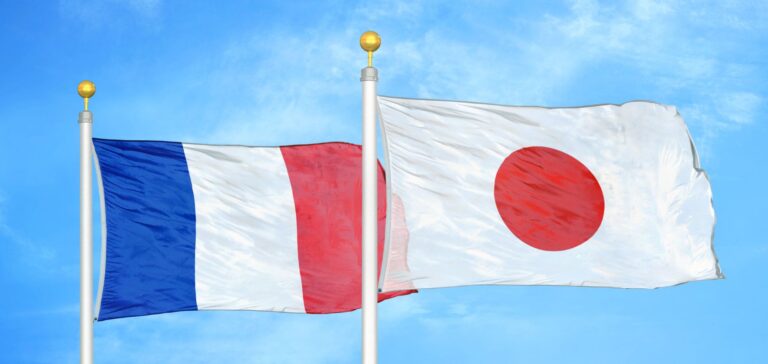France and Japan have signed a joint declaration to strengthen their cooperation on nuclear energy. Franco-Japanese cooperation in the field of nuclear energy dates back to the cooperation agreement signed in 1972 and is beneficial to both countries. This new joint statement is a testament to the quality of this bilateral relationship.
Nuclear energy is seen as a significant contribution to global security of supply and the goal of carbon neutrality. Thus, France and Japan are committed to deepening their mutual nuclear cooperation with an emphasis on research and development.
Accelerating exchanges between Japan and France
Specifically, the two countries agreed to accelerate exchanges in the following areas: long-term safe operation of existing nuclear reactors, progressive and efficient decommissioning of nuclear power plants, development of nuclear capacity in requesting countries, promotion of reprocessing policy that minimizes waste and reduces the need for natural uranium, as well as advanced new-generation reactors, including the Sodium-cooled Fast Reactor (SFR).
In addition, France and Japan wish to accelerate technical cooperation on the nuclear fuel cycle and emphasize the importance of building a robust nuclear supply chain between countries sharing common values.
Agnès Pannier-Runacher, the French Minister of Energy Transition, stressed the importance of working with international partners to promote the development of decarbonized energy, while Yasutoshi Nishimura, the Japanese Minister of Economy, Trade and Industry, expressed his belief that the two countries will work together to achieve the goal of decarbonization and stable energy supply.





















